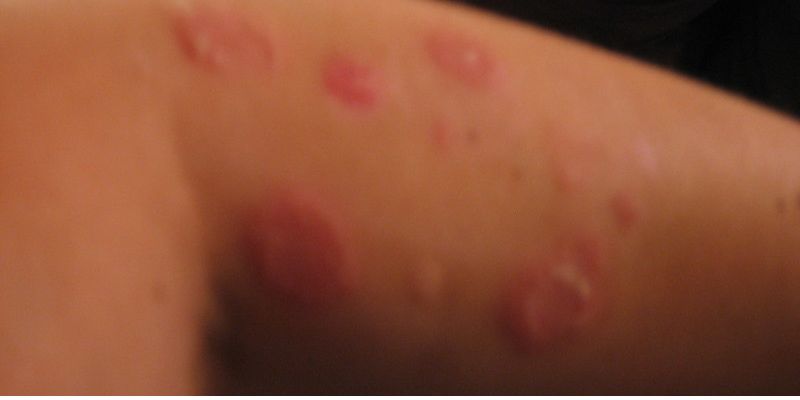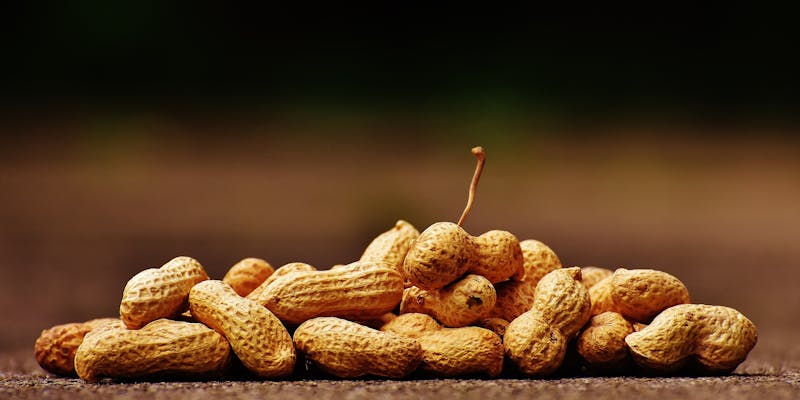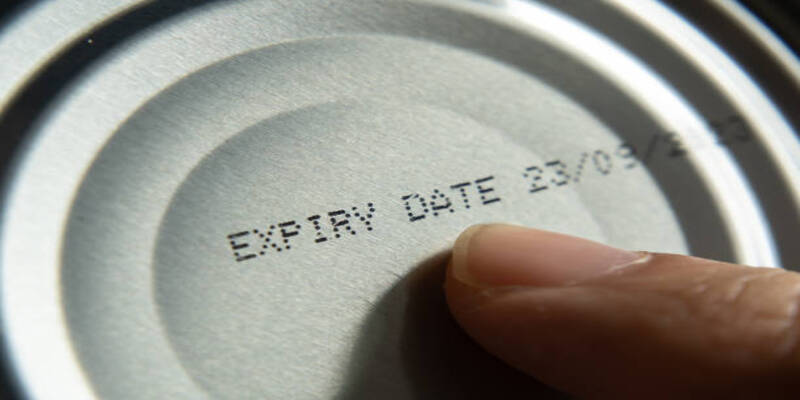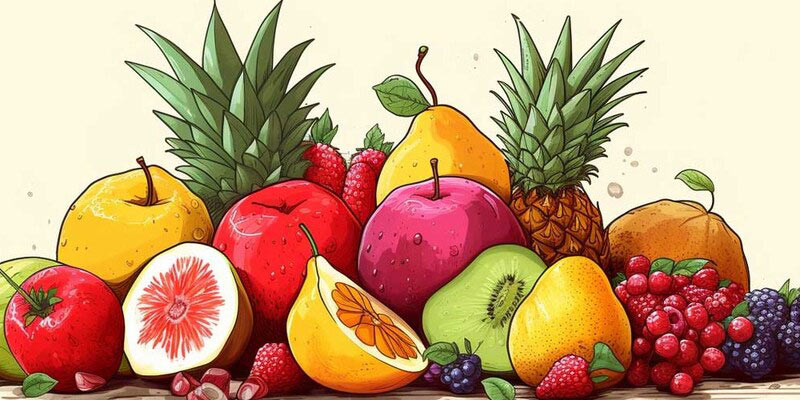Want a Healthier Gut? Which Foods Are High in Prebiotics?
Nov 01, 2024 By Kristina Cappetta
Many people are not aware that prebiotics are beneficial for gut bacteria. It refers to a type of carbohydrate mainly found in foods that cannot be digested by the human body and instead act as a prebiotic that helps health-promote bacteria in the gut. It will then focus on some common prebiotic foods and how you can include them in your diet to improve the health of your gut.
What Are Prebiotics?
Prebiotics are functional ingredients that are not digested and selectively stimulate the growth of helpful bacteria in the large intestine. These are rather comprised of specific categories of fibers including inulin and oligosaccharides. In contrast to probiotics, which refer to live bacteria, prebiotics are compositional feeding which supports the growth of these beneficial bacteria and the healthy state of the gut.
Benefits of Prebiotics
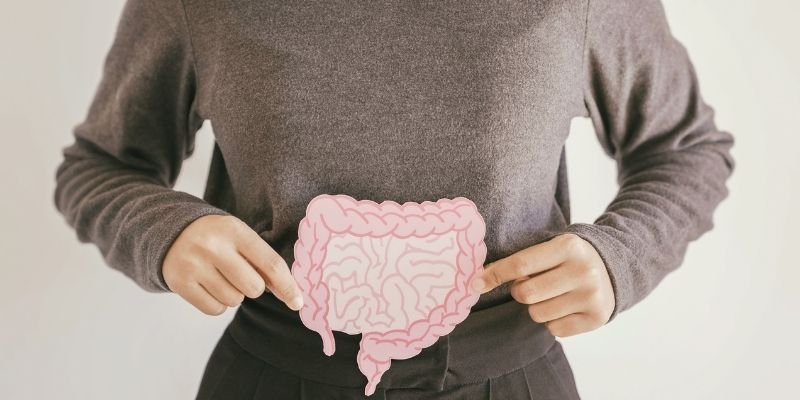
Including prebiotic-rich foods in your diet can lead to numerous health benefits:
Improved Gut Health: Some of the gut-friendly bacteria that prebiotics assist in boosting are considered to have positive effects on the overall health of the human digestive system.
Better Nutrient Absorption: They facilitate the assimilation of minerals such as calcium hence improving bone quality.
Blood Sugar Control: Since prebiotics assist in the regulation of blood sugar levels, they must be consumed by diabetic individuals.
Weight Management: Several researchers have proposed that the underlying operation of the prebiotics leads to suppression of appetite as well as feelings of satiety.
Immune Support: A healthy gut flora promotes improved immunity, making the body immune to disease infections.
Top Foods High in Prebiotics
Heres a list of some of the best foods rich in prebiotics:
Garlic:
It has high intolerance levels of Inulin and it helps to cultivate the beneficial bacteria in our gut.
Onions:
Aside from being a great source of inulin, onions are a good source of fructooligosaccharides (FOS) and can accompany almost any dish.
Leeks:
Like onions, leeks are also rich in fiber and are good for the intestines.
Asparagus:
This vegetable is extremely healthy for the system and is also rich in inulin and is therefore a prebiotic vegetable.
Jerusalem Artichokes:
Often called sunchokes, they are one of the richest sources of inulin.
Dandelion Greens:
These greens are packed with fiber and antioxidants, supporting gut health and digestion.
Bananas:
A convenient snack that contains resistant starch, which acts as a prebiotic.
Barley:
This whole grain is high in beta-glucans and other fibers that support gut health.
Apples:
Contains pectin, a type of soluble fiber that has prebiotic effects.
Chicory Root:
Often used as a coffee substitute, chicory root is rich in inulin and supports digestive health.
Additional Prebiotic Foods
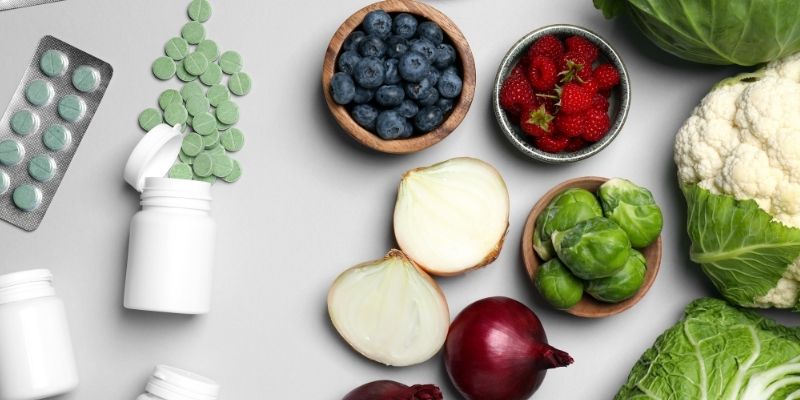
Other notable foods that contain prebiotics include:
- Jicama
- Seaweed
- Flaxseeds
- Chickpeas
- Oats
Incorporating these foods into your daily meals can significantly boost your intake of prebiotics.
How to Include Prebiotic Foods in Your Diet
Adding prebiotic foods to your diet can be simple and enjoyable. Here are some tips:
Start Slow:
If you are not used to consuming high-fiber foods, start with small portions to avoid digestive discomfort. Gradually increase your intake over time.
Mix Them In:
Add garlic or onions to soups, stews, and stir-fries for flavor and health benefits.
Snack Smart:
Choose bananas or apples as snacks instead of processed foods.
Try New Recipes:
Experiment with recipes that include Jerusalem artichokes or leeks. Roasting these vegetables can enhance their flavor.
Use Whole Grains:
Opt for whole grain bread or cereals that contain barley or oats for breakfast or snacks.
Sample Meal Ideas
Here are some meal ideas that incorporate prebiotic-rich foods:
Breakfast: Oatmeal topped with sliced bananas and flaxseeds.
Lunch: Salad with mixed greens (including dandelion greens), chickpeas, and a dressing made with garlic and olive oil.
Dinner: Stir-fried vegetables (including leeks and asparagus) served with quinoa or brown rice.
Snacks: Apple slices with almond butter or hummus made from chickpeas.
Potential Side Effects
Even though there are numerous positives when it concerns Prebiotics, they may lead to some negative effects in the gut for some people with belly issues, for instance, Irritable bowel syndrome (IBS). Some of the signs might be digesting gases or passing out of gas, bloating or diarrhea.
You must remember to pay attention to his or her body signals and change the consumption level to fit this. If you have chronic discomfort after taking the prebiotic foods, check with a medical practitioner for advice.
How Prebiotics Work
Prebiotics are food substances for the good bacteria which in this case, are given a medium on which they can thrive. When these bacteria ferment prebiotics, they produce short-chain fatty acids (SCFAs), which have several positive effects on health:
Nutrient Absorption: These highly unsaturated fatty acids raise the levels of nutrients in the small intestine especially mineral compounds such as calcium and magnesium.
Anti-Inflammatory Effects: The SCFAs that are produced can generally ease inflammation of the gut which is of course helpful for IBD.
Gut Barrier Function: They play a role in maintaining the health of the gastrointestinal tract as well as preventing a condition known as leaky gut where unwanted elements of food are able to penetrate the gut and get into the blood stream.
Final Words
Men and women should eat foods containing prebiotic compounds since such meals help to enhance gut health and general well-being. That way, you can decide which foods are right for you based on the realities of the prebiotic effects that they will have on your system.
